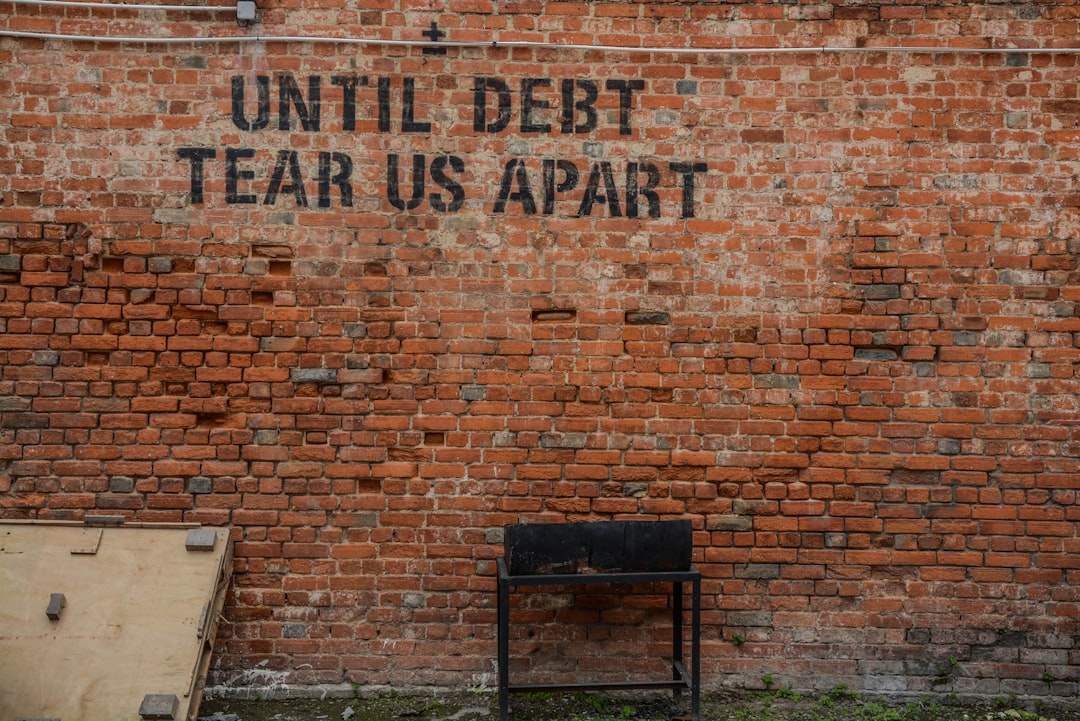When considering debt consolidation loans with no credit check, understand the difference between secured and unsecured options. Secured loans require collateral (e.g., real estate, vehicles) for lower rates but risk asset seizure on default; unsecured loans lack collateral, offer flexibility but higher rates, ideal for strong credit histories to simplify multiple high-interest debts. Secured loans provide faster access with lower credit ratings using an asset as collateral, but at the risk of losing that asset if payments fail. Choice depends on individual financial history and needs.
Understanding the distinction between secured and unsecured loans is pivotal for anyone considering debt consolidation, especially those without a robust credit history. Secured loans require collateral, offering potentially lower rates but increased risk if you default. Unsecured loans, lacking collateral, are more accessible but usually come with higher interest rates. This article guides you through these key differences, helping you make informed choices when exploring Debt Consolidation Loans With No Credit Check.
- Understanding Secured and Unsecured Loans
- Key Differences Between the Two Loan Types
- When to Choose Each Type for Debt Consolidation Without Credit Check
Understanding Secured and Unsecured Loans

Secured and unsecured loans are two distinct types of financial instruments that differ primarily based on the collateral involved. A secured loan, as the name suggests, is backed by some form of security or collateral, which can be a valuable asset like real estate, a car, or other property. The lender holds this collateral until the borrower repays the loan in full. This type of loan often comes with lower interest rates and more flexible terms since the lender has a safety net against potential default. In case of non-payment, the lender can seize and sell the collateral to recover their losses.
On the other hand, an unsecured loan is provided without any collateral or guarantee. Lenders solely rely on the borrower’s creditworthiness, income, and financial history for approval. Due to the higher risk for the lender, unsecured loans typically carry higher interest rates and shorter repayment periods compared to secured loans. These types of loans are often sought for short-term needs or debt consolidation without needing to pledge any asset, making them appealing to those with limited collateral options, including those looking for debt consolidation loans with no credit check.
Key Differences Between the Two Loan Types

When considering a loan, understanding whether it’s secured or unsecured is crucial for managing your debt effectively. The primary distinction lies in the collateral requirement. Secured loans demand a form of collateral, often an asset like real estate or a vehicle, to safeguard the lender in case of default. This means if you fail to repay, they have the right to seize and sell this asset to recover their money. Conversely, unsecured loans don’t require any collateral, making them a more flexible option but also heightening the risk for lenders. As a result, these loans usually come with higher interest rates.
For those seeking debt consolidation without a robust credit history, unsecured options might be preferable due to the absence of strict collateral demands. However, individuals with substantial assets and willing to put them on the line could find secured loans more appealing with potentially lower interest rates in return for their added security. This is especially relevant when considering debt consolidation loans with no credit check, where unsecured options predominate but come with heightened risk considerations.
When to Choose Each Type for Debt Consolidation Without Credit Check

When considering debt consolidation loans with no credit check, it’s crucial to understand when each type is most suitable. For those with a strong financial history and consistently timely payments, an unsecured loan could be an excellent option. These loans don’t require collateral, making them more accessible for borrowers with higher credit scores who want to simplify multiple high-interest debts into one manageable payment.
On the other hand, secured loans are ideal when immediate access to funds is necessary, even without a thorough credit check. By using an asset like real estate or a vehicle as collateral, individuals with lower credit ratings can still secure financing for debt consolidation. While this option offers faster approval and potentially lower interest rates, it poses a risk of losing the collateralized asset if repayments fail.
When considering debt consolidation loans with no credit check, understanding the differences between secured and unsecured options is crucial. Secured loans require collateral, offering potentially lower interest rates but carrying the risk of asset forfeiture if repayment fails. Unsecured loans, lacking collateral, are more accessible yet often come with higher interest rates and stricter borrowing limits. For those seeking debt consolidation without a comprehensive credit check, unsecured loans might be the preferable choice due to their flexibility and easier accessibility, as long as borrowers can demonstrate stable income to ensure responsible repayment.
